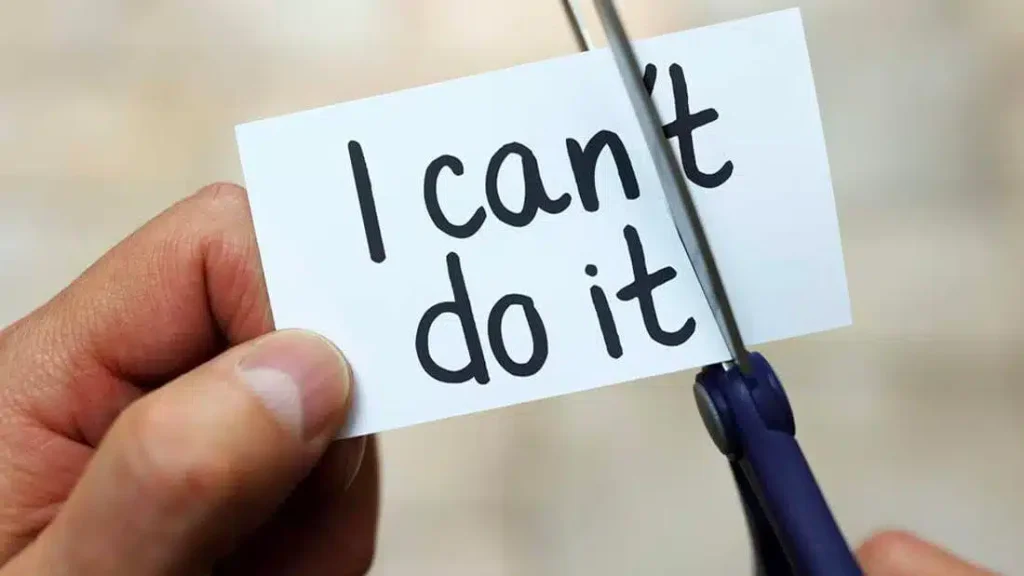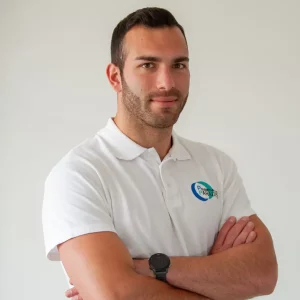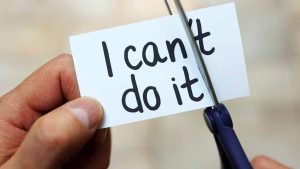One of the main reasons why diets fail is mindset. After starting a program driven by a surge of motivation, people often give up at the first obstacles. This usually happens during holidays or festive seasons, when we tend to overindulge in food and/or alcohol. Or, after trying on a swimsuit and comparing ourselves to others, we promise to get back in shape with a healthy lifestyle, diet, and gym once we return to our routine. Unfortunately, these promises are rarely kept.
Even when motivation and circumstances align and we do get started, if the plan isn’t truly personalized and suitable for us, we often end up quitting after a short time anyway.

Why does this happen? Are there solutions?
This often happens because we don’t take into account the psychology of eating. It’s well known (and anyone who has tried multiple diets in their life has probably experienced it) that diets often fail due to psychological reasons—not because of calories, carbs, or eating at the “wrong” times of day. The problem is that even with this awareness, we tend to fall into the same trap at the beginning of the year or after the holidays. We think we’ve changed compared to the year before, or we blame the nutritionist or professional who followed us, believing they were incompetent.
The truth is, we don’t really need a specific “diet,” but a journey of change that starts from within us in order to achieve lasting results. But is this really possible?
Of course, it won’t be easy—but it is absolutely possible. Before looking at how to succeed, it’s important to understand what to avoid.
Nutrition and motivation: what to avoid
- Avoid DIY dieting. With the internet and countless calorie-counting apps, it all looks easy, and there’s information everywhere. But that’s the problem—there’s so much information that it often contradicts itself. Some articles say to avoid certain foods, while others recommend them; some professionals promote one type of diet, while others push products to help you lose weight. Sometimes even doctors contradict themselves. In my view, DIY dieting only leads to confusion and usually ends in failure. Sure, we all know the general guidelines—but what’s difficult is applying them to ourselves with the right strategy. That’s why you need a professional—not just for a food list of do’s and don’ts, but for a strategy that provides ongoing motivation and overall mind–body improvement.
- Avoid “magic pills.” There’s no miracle product that can make us lose weight or build muscle without a balanced diet and proper exercise. Ads promising these results are everywhere, but anyone who has tried them knows they only work as short-term placebos—and sometimes they even carry health risks. That doesn’t mean avoiding supplements altogether: I personally recommend them in some nutrition plans, since the modern diet can be lacking in certain nutrients. But they should always support—not replace—a proper nutrition and training program.
- Don’t set huge goals in a very short time. We all want results in a month, but in most cases that’s unrealistic. Setting overly ambitious short-term goals only leads to disappointment when the deadline comes without achieving them, and often causes us to give up altogether—sometimes ending up worse than before. The right approach is to create a nutrition strategy with gradual weekly goals—not just in terms of kilos or body composition, but also lifestyle improvements, like drinking more water, moving more, or eating healthier within your daily routine.
So, to sum up, the best way to stay consistent with long-term goals and avoid quitting a nutrition journey is to work with a qualified nutrition professional. Ideally, this professional won’t just talk calories and nutrients, but will help build a 360-degree lifestyle strategy. Even better, this can be part of a multidisciplinary program, like the Lifestyle Program we offer at Polispecialistico Paradiso, where you are supported by a Nutritionist, a Wellness Coach for the psychological aspects of eating, and a specialized Trainer to build a personalized workout plan alongside your diet.
With a team of experts, you’ll have a clear roadmap and a precise strategy to reach real, lasting results—achieved step by step through smaller, progressive goals that help you truly change your lifestyle.


